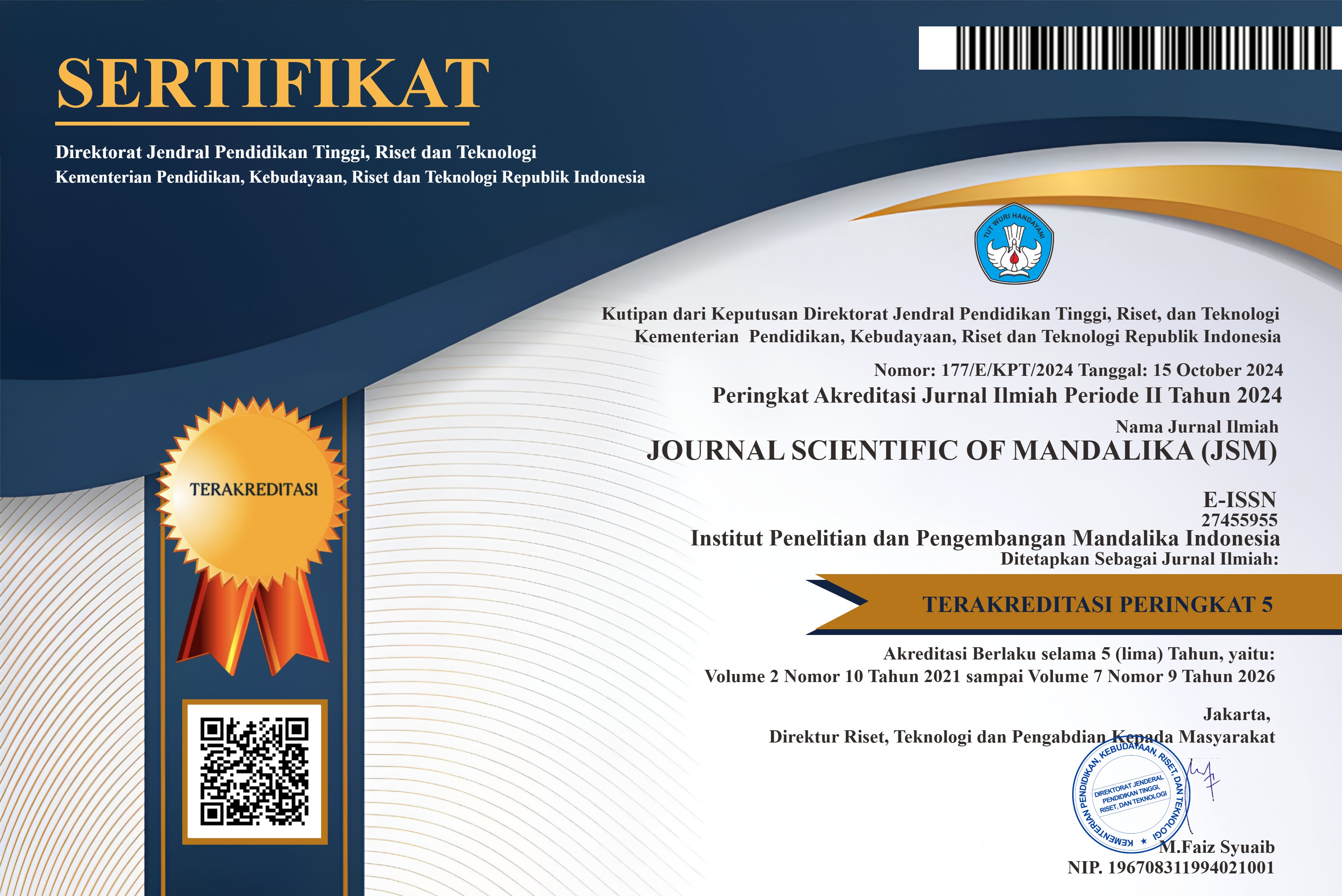Ecommerce Adoption and MSME Business Performance in Indonesia: Systematic Literature Review
Abstract
Micro, Small, and Medium Enterprises (MSMEs) play a crucial role in Indonesia's economy, yet the adoption rate of e-commerce among these businesses remains low. This study aims to identify the factors influencing e-commerce adoption among Indonesian MSMEs using the Technology-Organization-Environment (TOE) framework and to analyze its impact on business performance. A Systematic Literature Review (SLR) approach was applied to 23 scholarly articles published between 2013 and 2024. The findings indicate that technological factors (perceived usefulness, relative advantage, compatibility, security), organizational factors (organizational readiness, top management support, organizational culture, organizational size), and environmental factors (government support, competitive pressure, IT vendor support) significantly influence e-commerce adoption by MSMEs. Furthermore, e-commerce adoption has been proven to enhance MSMEs’ business performance in terms of increased sales, market reach, operational efficiency, and financial outcomes. This study highlights the importance of an integrative strategy involving the government, MSME actors, and technology providers to accelerate the digital transformation of the MSME sector in Indonesia
References
Rogers, E. M. (2003). Diffusion of Innovations (5th ed.). Free Press.
Yacob, et al. An Investigation of Entrepreneurial Orientation, Social Media Adoption and E-commerce on MSME Business Performance: An Empirical Study in Indonesia. Galician Journal of Economics: Vol 32 No 3 (2023)
Martini, et al (2023). E-commerce and micro and small industries performance: The role of firm size as a moderator. Volume 9 Issue 3 September 2023. Journal of Open Innovation: Technology, Market and Complexity
Palangan, C.Y. (2021). Analisis Faktor-Faktor yang Memengaruhi Adopsi E-commerce oleh UMKM Kerajinan DIY.
Bening, S.A., et al. (2023). E-Commerce Technologies Adoption Strategy Selection in Indonesian SMEs Using the DTOE Framework.
Harmawan, B.N., & Ridho, W.F. (2023). Determinants influencing SMEs in E-commerce adoption through local government facilities in Indonesia.
Mahomed, A.S.B. et al. (2023). E-Commerce Adoption Among Businesses in Indonesia.
Wijaya, L.I., et al. (2023). Scope of E-Commerce Use, Innovation Capability, and Performance: Food Sector MSMEs in Indonesia.
Setiyani, L., & Rostiani, Y. (2021). Analysis of E-Commerce Adoption by SMEs Using the TOE Model: A Case Study in Karawang, Indonesia.
Himawan, E.N., et al. (2024). Adoption of E-Commerce in Small and Medium-Sized Enterprises in Bogor District.
Boell, S. K., & Cecez-Kecmanovic, D. (2014). A hermeneutic approach for conducting literature reviews and literature searches. Communications of the Association for Information Systems, 34(12), 257–286.
Kementerian Koperasi dan Usaha Kecil dan Menengah Republik Indonesia. (2023). Data Statistik UMKM Tahun 2023. Diakses dari: https://kemenkopukm.go.id/
Kompas.com. (2023). Survei LM FEB UI: UMKM Belum Akrab dengan E-Commerce. Diakses dari:
https://umkm.kompas.com/read/2023/02/13/080419983/survei-lm-feb-ui-umkm-belum-akrab-dengan-e-commerce
Rahayu, R., & Day, J. (2015). E-commerce adoption by SMEs in developing countries: evidence from Indonesia. Eurasian Business Review, 7, 25–41. https://doi.org/10.1007/s40821-016-0044-6
Sofyan Syakir. Peran Umkm (Usaha Mikro, Kecil, Dan Menengah) Dalam Perekonomian Indonesia Bilancia, Vol. 11 No. 1, Januari-Juni 2017
Copyright (c) 2025 Alfi Rahmawati, Tasya Kamila Hamdani, Wahyu Budi Priatna

This work is licensed under a Creative Commons Attribution-ShareAlike 4.0 International License.













